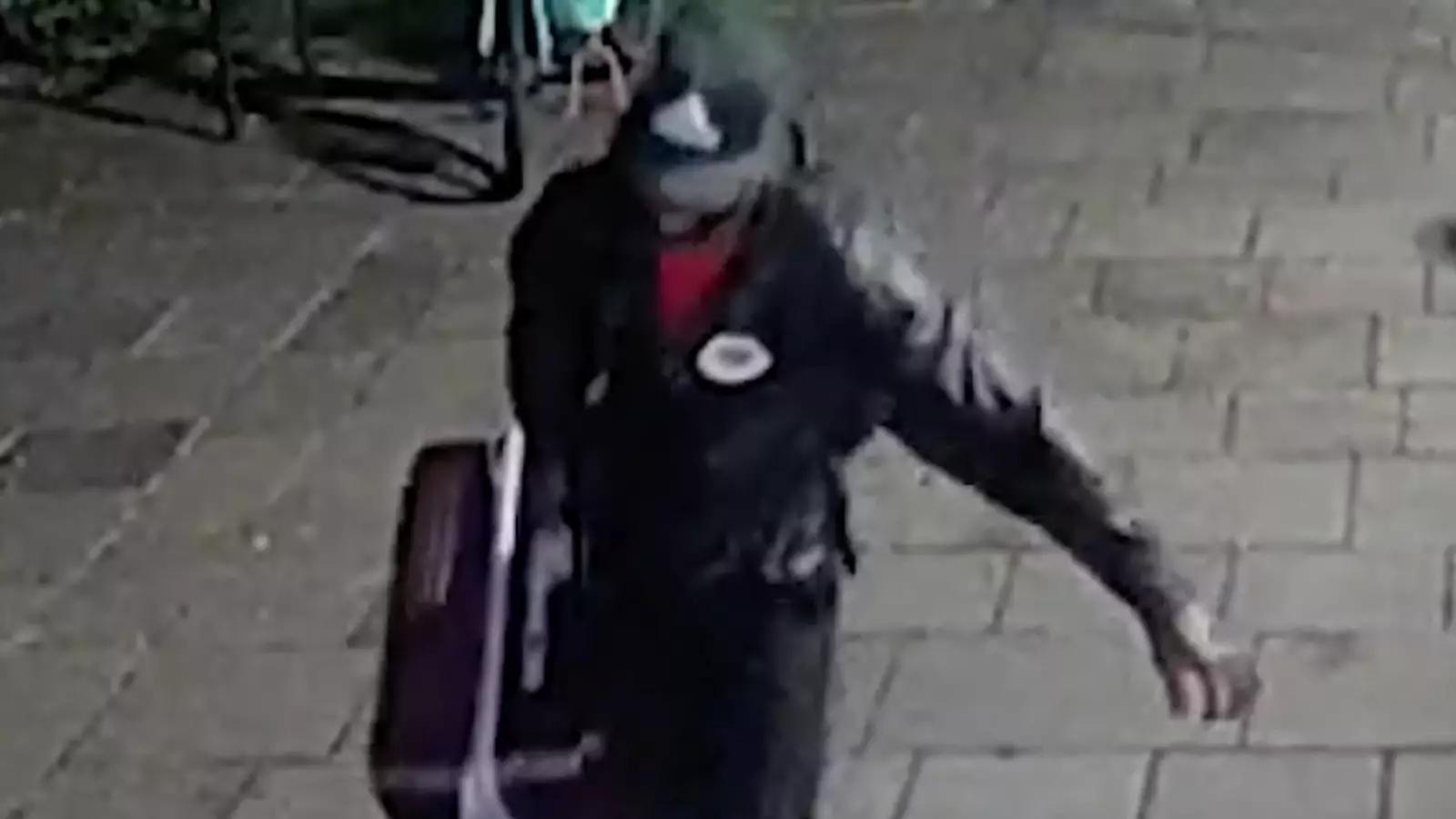In an unsettling display of human depravity, the recent murders in west London have consumed not only the victims but also left an entire community shattered. The brutal nature of the crimes committed by Yostin Andres Mosquera, including decapitation and dismemberment, underscores a level of violence that seems almost surreal in modern society. What is most disturbing, however, is how ordinary civilians were unwittingly dragged into this nightmare—warped by circumstances and misled by a killer hiding in plain sight.
The intervention of witnesses outside a pub during a football match epitomizes the tragic collision between everyday acts of kindness and the horrifying reality of evil lurking behind seemingly benign gestures. Ordinary people, simply trying to offer assistance, found themselves ensnared in a situation so grotesque that it will haunt them forever. Their compassion turned into a form of trauma, and it raises urgent questions about the boundaries between helpfulness and safety in public spaces. In a society that values kindness, it’s vital to recognize how quickly that virtue can be exploited by those with malicious intent.
Judgment and Justice: The Flawed Human Response
Public reactions to this case reveal our collective helplessness in the face of brutality. The cyclist’s courageous act of filming Mosquera as he fled became a beacon of hope, a testament to human resilience and the importance of civic responsibility. Yet, it also highlights the failures of a system that might not always be prepared to prevent such horror from happening or to respond swiftly enough once it does.
The police’s harrowing account of opening the suitcases—containing dismembered bodies—starkly illustrates the brutal realities law enforcement professionals face. Even those trained to confront such terror are unprepared for the visceral shock of actually witnessing human remains. This disconnect underscores a larger societal issue: the emotional toll of violence we often become desensitized to, but which can leave indelible scars on those tasked with bringing perpetrators to justice. The tragic irony is that justice is pursued months after the violence, with victims already rendered unrecognizable, and the community left grappling with palpable fear and grief.
Societal Failures and the Need for Vigilance
This case exposes cracks in our collective safety net, as the killer’s intentions to discard his victims at a prominent London bridge go largely unnoticed until it’s too late. It’s a stark reminder that violence often lurks in the shadows of modern societies—perpetrated by individuals who may blend seamlessly into the crowd, hiding their true selves behind a façade of normalcy. Society must grapple with the uncomfortable truth that threat identification requires vigilance and compassion, but also a recognition that not every person’s exterior reveals their inner darkness.
The fact that Mosquera’s acts could be disguised behind the guise of normalcy calls for a re-evaluation of community policing strategies, mental health support, and the importance of community cohesion. We must foster environments where suspicious behavior is reported without fear of overreach, but with a firm dedication to preventing the escalation of violence. Without such proactive measures, we remain vulnerable to the horrors inflicted when evil is allowed to operate unchecked.
The Chilling Reality of Violence Among Us
While some may dismiss such cases as rare, they underscore a perennial truth: violence can erupt at any moment, and it often leaves behind a wake of devastation that is difficult to quantify or heal from. The community’s shock, the heroic acts of the cyclist, and the grim discovery by police all serve as stark reminders that evil can manifest in the most unsuspected forms, emphasizing the need for a society that remains vigilant, compassionate, and committed to justice.
This tragic event is also a sobering reflection on the importance of mental health and social support systems, which may have prevented such violence if properly addressed. We cannot ignore the systemic issues that allow such brutality to flourish—neglect and indifference only serve to deepen the wounds inflicted by perpetrators like Mosquera. Society must shoulder its share of the responsibility, fostering an environment in which mental health concerns are proactively managed, and community bonds are strengthened.
In the end, this case challenges us to confront the uncomfortable reality that evil exists alongside us, often hidden behind masks of normalcy. It compels us to question whether we are truly prepared—not just as law enforcement but as a society—to prevent, respond to, and recover from these dark moments. Only through honest reflection and concerted action can we hope to reduce the impact of such tragedies in the future and build safer, more compassionate communities.


Leave a Reply